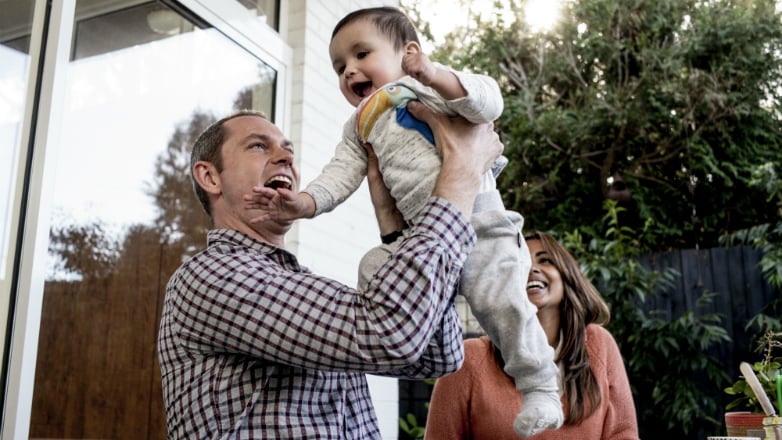Welcoming a new baby into your household changes all facets of family life - from the shows that dominate your TV to the definition of a date night, and even your energy usage.
A new addition often means someone is suddenly home almost 24/7. That means dialling up the air conditioning or heating, giving the washing machine a workout and adding even more appliances to the kitchen bench, affecting your home’s energy consumption.
At a time when all kinds of new costs are coming to the fore, being energy efficient is even more important.




